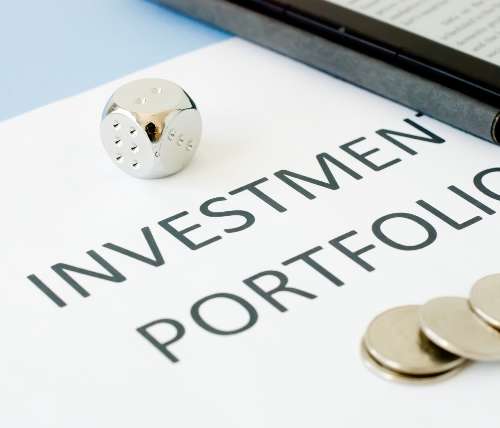When I began to earn an income, my investment game plan was to invest as much as I could, whether in real estate, shares or fixed income. I was so sure my game plan was on form until I committed myself to an investment I could not wriggle out from easily. Based on my experience, here are a few rookie mistakes you should avoid as an investor.
1. Being Emotional
Avoid investing based on familial sentiments because a friend has a huge target to meet or your church member has been needling you to come and buy securities from his firm. Persuasive people can prey on your vulnerability or your desires to make you commit your funds to unworthy investments. Emotional investing beclouds your good judgment and dampens your intuition which you technically shut down while it is screaming NO. Yes, all around you, people may be digging into this gold mine but if you are not comfortable with it; please walk away regardless of who may get offended with you.
2. Not Asking Questions
Okay, you thought to yourself that this investment product seems interesting but before you go ahead, ask these questions:
a) What type of investment is it? A fixed deposit differs from bankers’ acceptance, a commercial paper or a security backed investment. You need to be clear.
b) What is the return on the investment? If it is an interest paying investment, does the rate quoted to you include any charges e.g. withholding tax, pre termination and so on?
c) What is the duration of the investment?
d) Are there restrictions to you being able to get your money back at any given time or do you have to wait for a minimum period?
e) What is the money going to be used for or invested in?
If the salesperson cannot answer them without reasonable doubt, keep on shopping.

3. Careless with Records
Now, several people assume that putting their money in an investment is all the work they need to do. That couldn’t be farther from the truth! Such people do not keep any evidence of these investments and assume that their account officers have copies. Tardiness with record keeping shows that you are not intentional about investing and if the need arises to liquidate your investment at short notice, you may be in a fix as you scramble to gather your documents together.
4. Not Up to Date
Review your investments periodically for correctness and resolve any differences. Mistakes happen and you may find that you’re not being paid all the dividends owed to you; or there might be a mix-up with your name. Checking periodically will endure that you don’t miss out on anything that’s yours.
Also get abreast of the latest news and happenings in business sectors where your investments are or get someone to analyze the news for you. Be your own account officer and financial adviser.Don’t leave your investments unattended to.
5. Your Portfolio is not Diversified
There are so many ways you can invest your money – from Bonds,Treasury bill, Stocks and even property are just a few ways you can invest. Do not be that person that is totally fixated on shares or fixed income. Get information and spread your investments so you catch on to products that are well performing and earn more income. By investing in various sectors, you learn how each sector revolves, you spread risk and you’ll also become a well rounded individual, investment wise.
6. No Prayer Over Investments
This is not cliché. Pray over your investment decisions and ask that God will guard you from the wrong investments. God is interested in every detail of our lives; you can be sure that where you invest your money is of great importance to Him.Pray before you invest and while you invest.When you sense a red flag or hesitation in your heart even when the investment looks good on paper, you might be safer if you pay attention to the nudges in your heart.
So if you are making any of these mistakes, you have got another chance to rewrite your script and if you have burnt your fingers and sworn off investments, forgive yourself and start all over again.











Leave a Reply